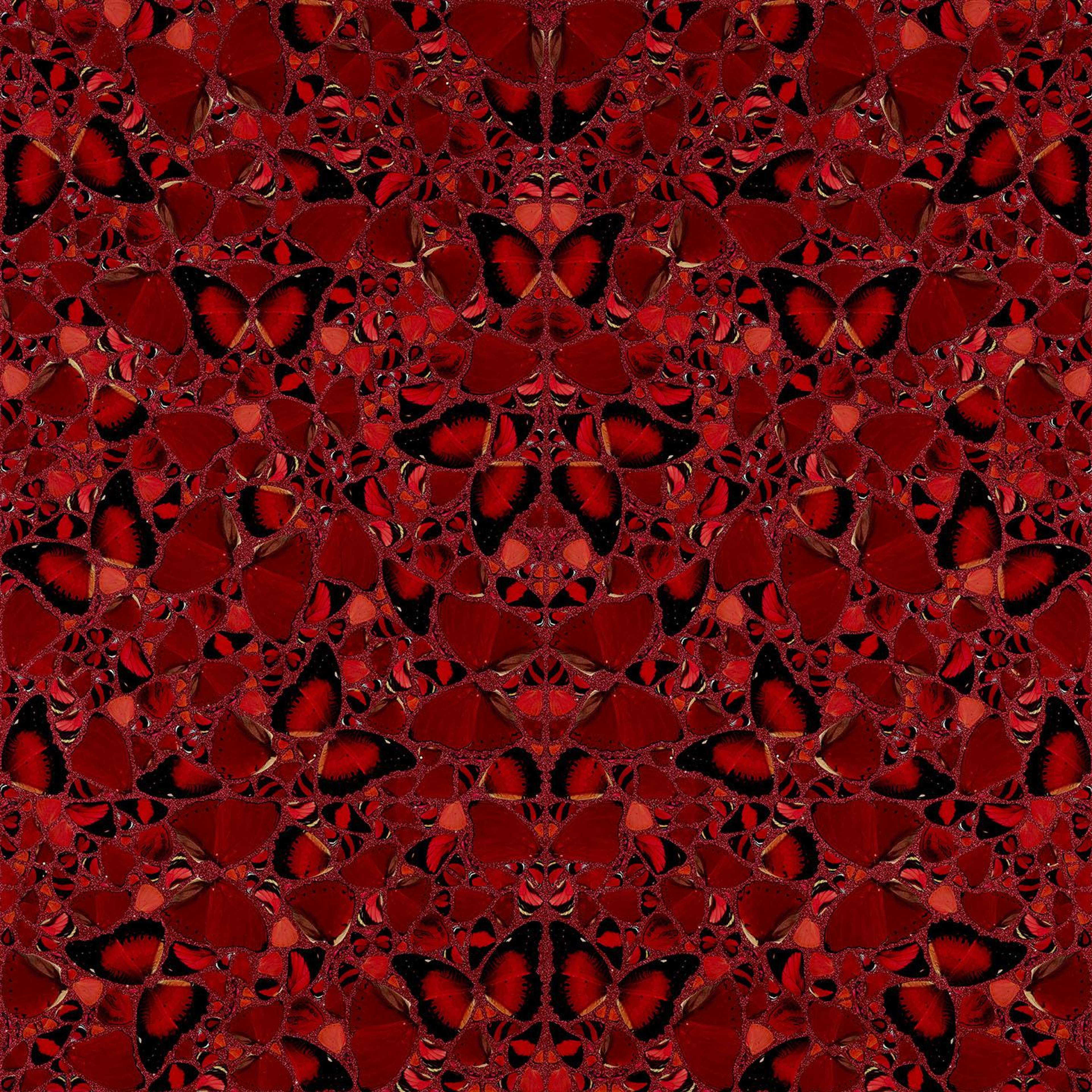
H10-3 Theodora
H10-3 Theodora
Signed Print
Damien Hirst
£1,250-£1,900
$2,400-$3,700 Value Indicator
$2,300-$3,550 Value Indicator
¥12,000-¥18,000 Value Indicator
€1,450-€2,200 Value Indicator
$13,500-$20,000 Value Indicator
¥270,000-¥410,000 Value Indicator
$1,700-$2,600 Value Indicator
There aren't enough data points on this work for a comprehensive result. Please speak to a specialist by making an enquiry.
100 x 100cm, Edition of 3315, Giclée print
Auction Results

Track auction value trend
Meaning & Analysis
H10-3 Theodora is a laminated giclée print on aluminium composite. Screen printed with glitter, the composition was produced by the renowned contemporary artist Damien Hirst in 2022. In this print, Hirst creates an asymmetrical pattern composed of butterflies. Hues of red dominate the composition which are complemented by the black details on the butterflies’ wings. Lines of glittering red cut the composition horizontally into thirds and vertically in half.
The print is part of Hirst’s collection H-10 The Empresses. The collection is composed of five gliclée prints all of which show intricate patterns composed of red butterflies. This is the only print in the collection which features an asymmetrical pattern. The prints are all named after famous Empresses from various historical periods. This print is named after the Byzantine Empress Theodora who is remembered for implementing a number of significant religious and social policies after marrying Emperor Justinian in 527 CE.
Butterflies appear frequently in Hirst’s artworks. The artist explains that he was drawn to butterflies because of the way in which they retain an iridescent beauty, even in death. Hirst elaborates: “I love butterflies because when they are dead they look alive.” For Hirst butterflies embody the fragility of life and the use of the insect in his artworks is a means for the artist to explore themes of life and death and address questions of mortality.
